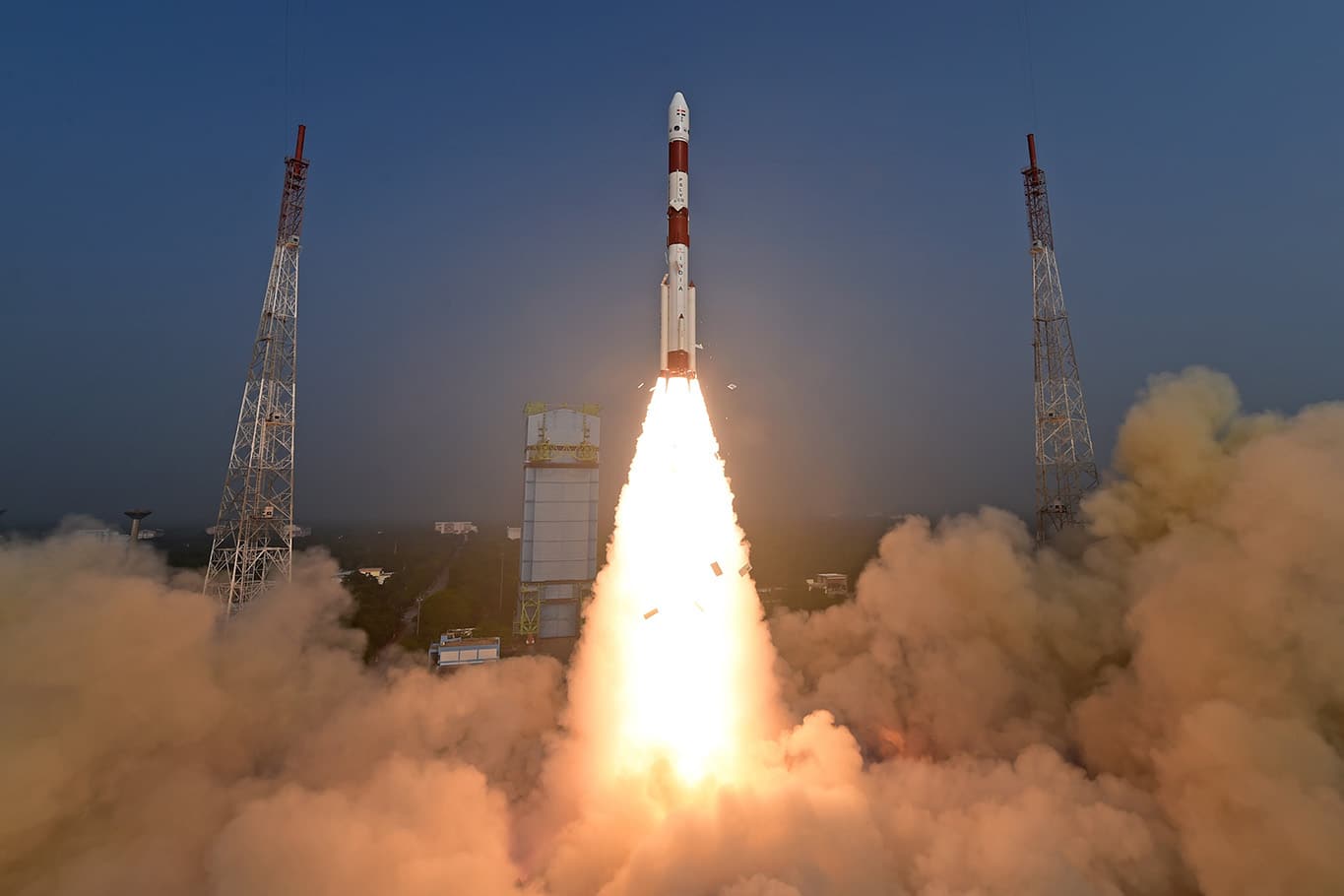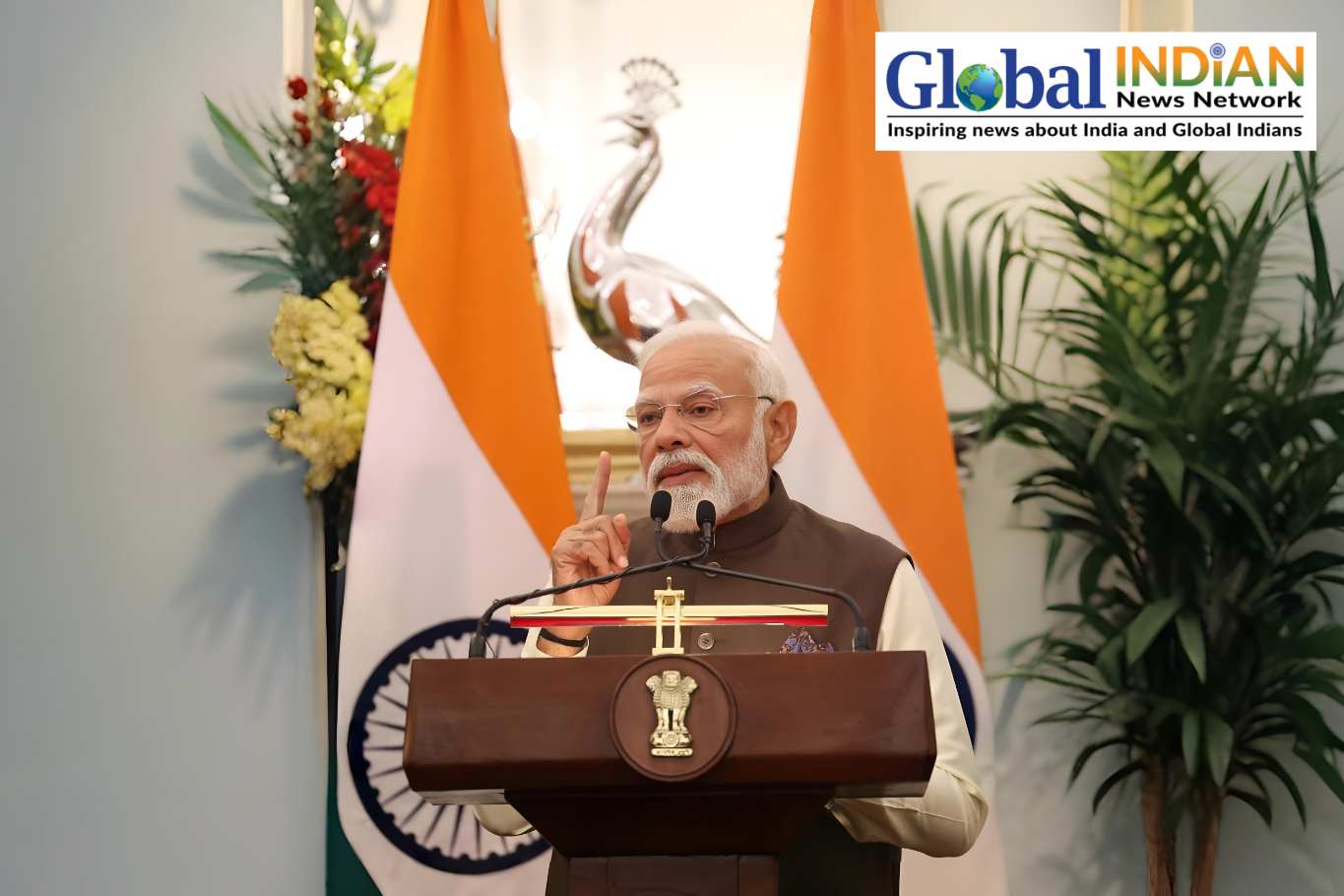 On the inaugural day of 2024, India celebrated the successful launch of its X-ray Polarimeter Satellite (XPoSat) in a momentous event at the Satish Dhawan Space Centre. The Polar Satellite Launch Vehicle-C58 carried XPoSat and 10 experimental payloads, marking ISRO’s first space mission on January 1. The XPoSat, designed for polarisation measurements of X-ray emissions, achieved an excellent orbit at an altitude of 650 km. Post XPoSat deployment, the rocket’s fourth stage will serve as an orbital platform for experiments, emphasizing sustainability by avoiding additional space debris.
On the inaugural day of 2024, India celebrated the successful launch of its X-ray Polarimeter Satellite (XPoSat) in a momentous event at the Satish Dhawan Space Centre. The Polar Satellite Launch Vehicle-C58 carried XPoSat and 10 experimental payloads, marking ISRO’s first space mission on January 1. The XPoSat, designed for polarisation measurements of X-ray emissions, achieved an excellent orbit at an altitude of 650 km. Post XPoSat deployment, the rocket’s fourth stage will serve as an orbital platform for experiments, emphasizing sustainability by avoiding additional space debris.
ISRO Chairman S. Somanath highlighted the mission’s success, emphasizing the precise orbit accomplishment and deployment of XPoSat’s solar panels. Notably, the remaining fuel on the fourth stage will be disposed of uniquely to ensure safety for future atmospheric reentry experiments. This strategic approach includes venting the tank pressure and passivation of the PS4 stage, with control transferred to the PSLV Orbital Experimental Module-3 (POEM-3) avionics.
The POEM-3, a 3-axis stabilised orbital platform, will conduct experiments to space-qualify systems with innovative concepts. Powered by a Flexible Solar Panel and Li-Ion battery, it comprises avionic systems for navigation, guidance, control, and telecommands. Ten payloads from various entities, including ISRO, will be tested on this platform. ISRO plans to assess its fuel cell during these experiments, a precursor for potential use in powering the Indian space station in the future.
XPoSat, a dedicated scientific satellite, aims to measure X-ray polarisation, conduct long-term spectral and temporal studies of cosmic X-ray sources, and perform polarisation and spectroscopic measurements in a common energy band. This mission reflects India’s commitment to space exploration, technological advancements, and sustainable practices in the evolving landscape of space science.









